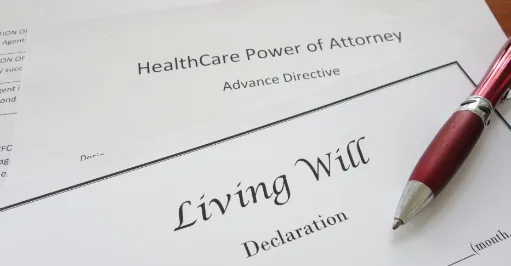Quicken Loans’ recent article entitled “What Is A Life Estate And What Property Rights Does It Confer?” says by understanding the features of a life estate and creating one at the right time, you can enjoy several benefits, including the following:
Property Avoids Probate. Property in a life estate doesn’t go through probate. Instead, it just transfers ownership to the remainderman. This saves time and stress. It also eliminates the complications when trying to spell out your intentions for your property in a will.
The property is No Longer Part of The Estate. Once your state’s Medicaid look-back period has passed, a property transferred through a life estate won’t count against your eligibility for the program.
Allows Seniors to Stay in Their Homes. Even though a life estate transfers property ownership to the remainderman, the life tenant has guaranteed residency, if desired, for the rest of the owner’s life.
While life estates are helpful, they have some drawbacks:
Property is Vulnerable to Debts Of Heirs. Because the life estate transfers property rights to a designated heir, their creditors may have the right to seize inherited assets to cover lingering debts, if there are any.
The Heirs’ Rights to The Property Vest at Creation. Once you create a life estate, the property rights vest in the heirs. You can’t take back those rights without the heir’s consent. As a result, some seniors use a living trust, in which its creator can always change the terms or cancel it entirely.
Property Can’t Be Sold or Mortgaged. If you want to significantly change the property, convert it into a rental, or even decide to sell, you must have the remainderman’s permission.
In sum, life estates help elderly homeowners create a specific, legal directive for an heir to inherit property without getting mired in probate.
Life estates also permit the owner to control the property in all respects, except they can’t sell or mortgage the property without the consent of their heirs. If created “timely, “a life estate can even help its creator qualify for Medicaid assistance.
However, life estates do have a few disadvantages.
As the life tenant, you’ll forfeit the ability to sell or mortgage your home without your heir’s permission. Since you can’t reverse a life estate without the life tenant’s and remainderman’s consent, you should know all about the contract before committing to it. Finally, if your heir has outstanding debts, your property may be vulnerable to creditors. Consider these factors before creating a life estate for yourself or a loved one.
In conclusion, life estates are advantageous as they create a legal and straightforward way of transferring property rights to an heir without going through probate court. However, it is essential to consider the potential drawbacks of creating a life estate before committing to it because they cannot be reversed without both parties consent. It is also important to remember that if your heir has any outstanding debts, your property could be at risk. Therefore, it is essential to understand all aspects of the contract before making such an agreement. With proper planning and an understanding of the pros and cons, a life estate may be right for you.






